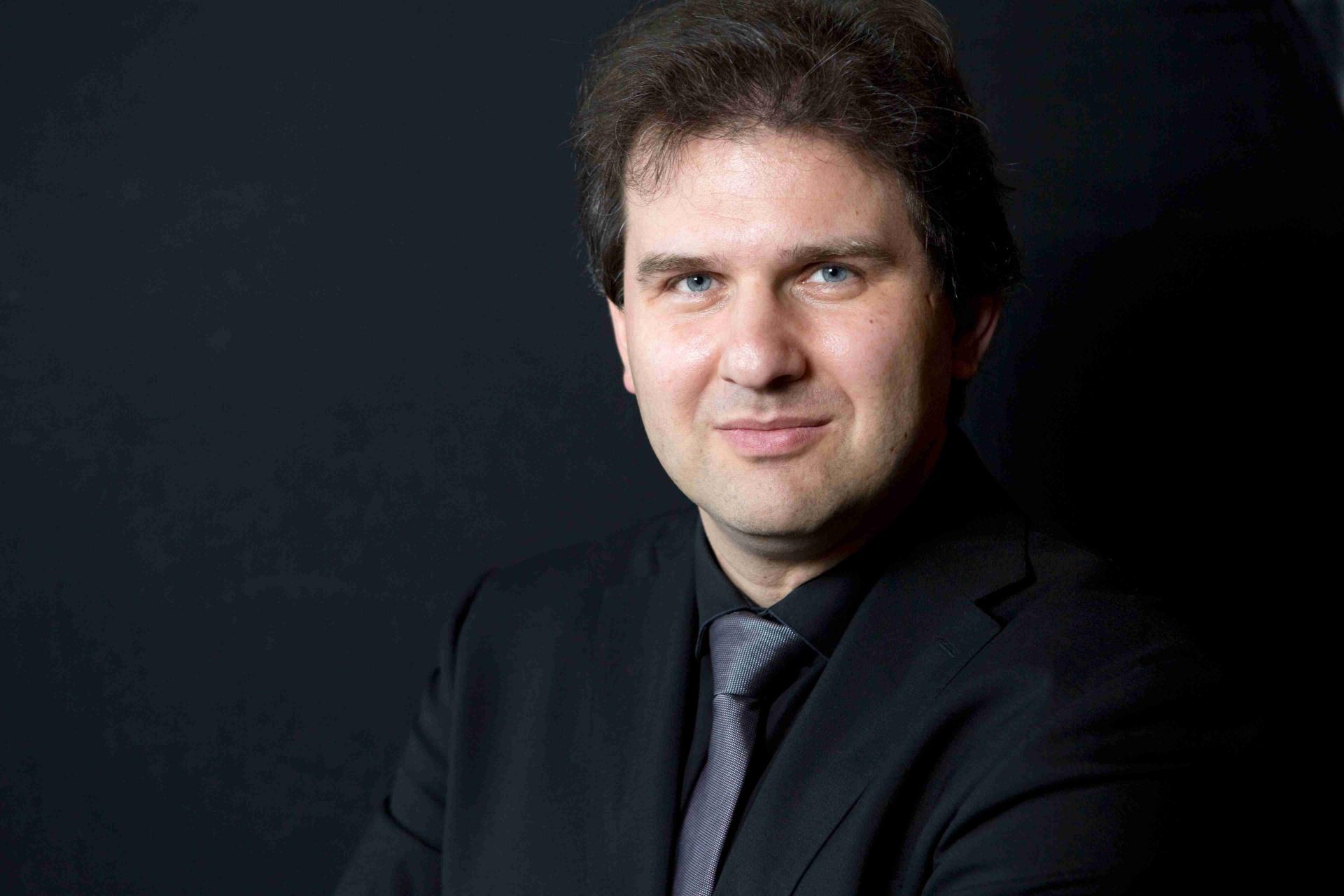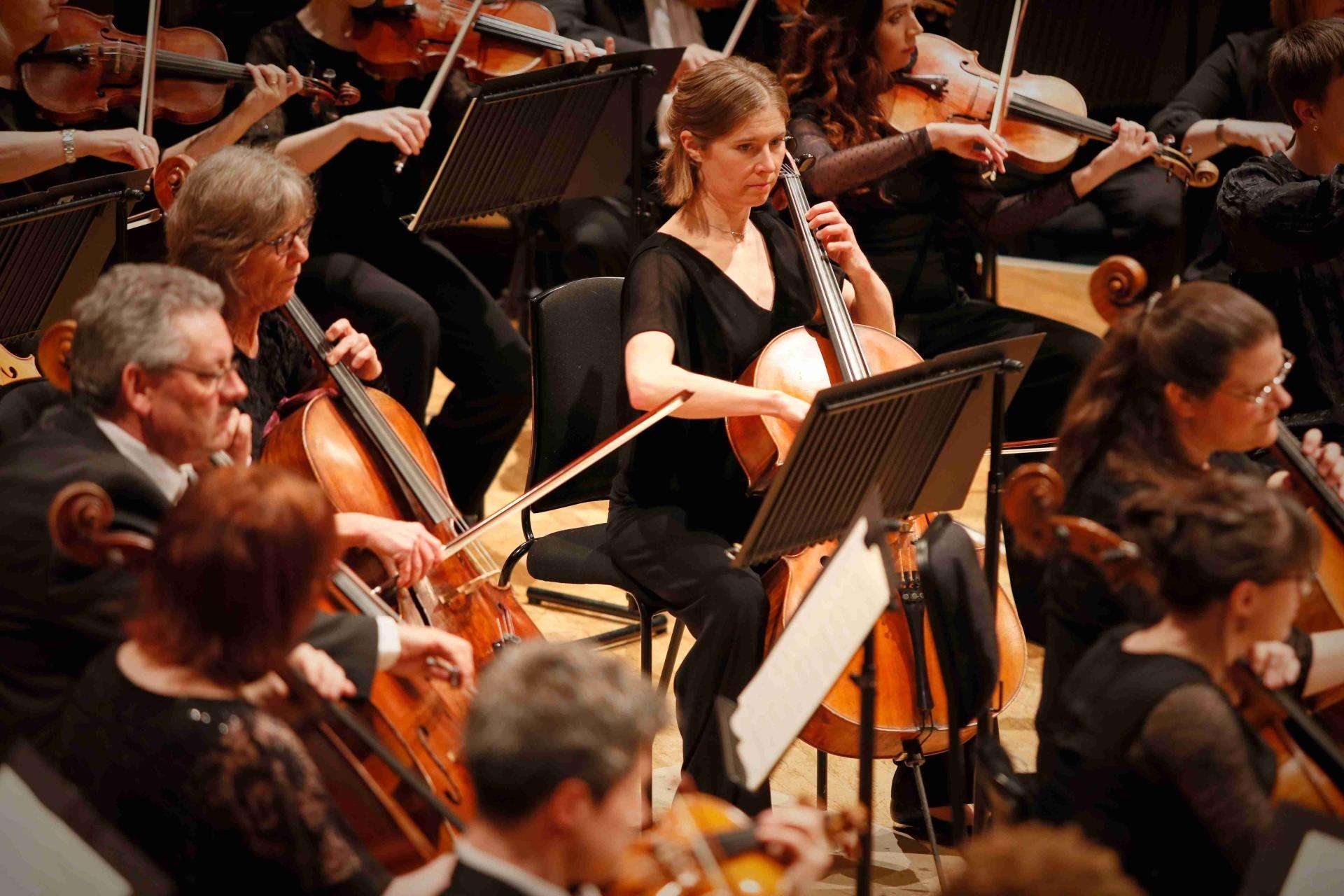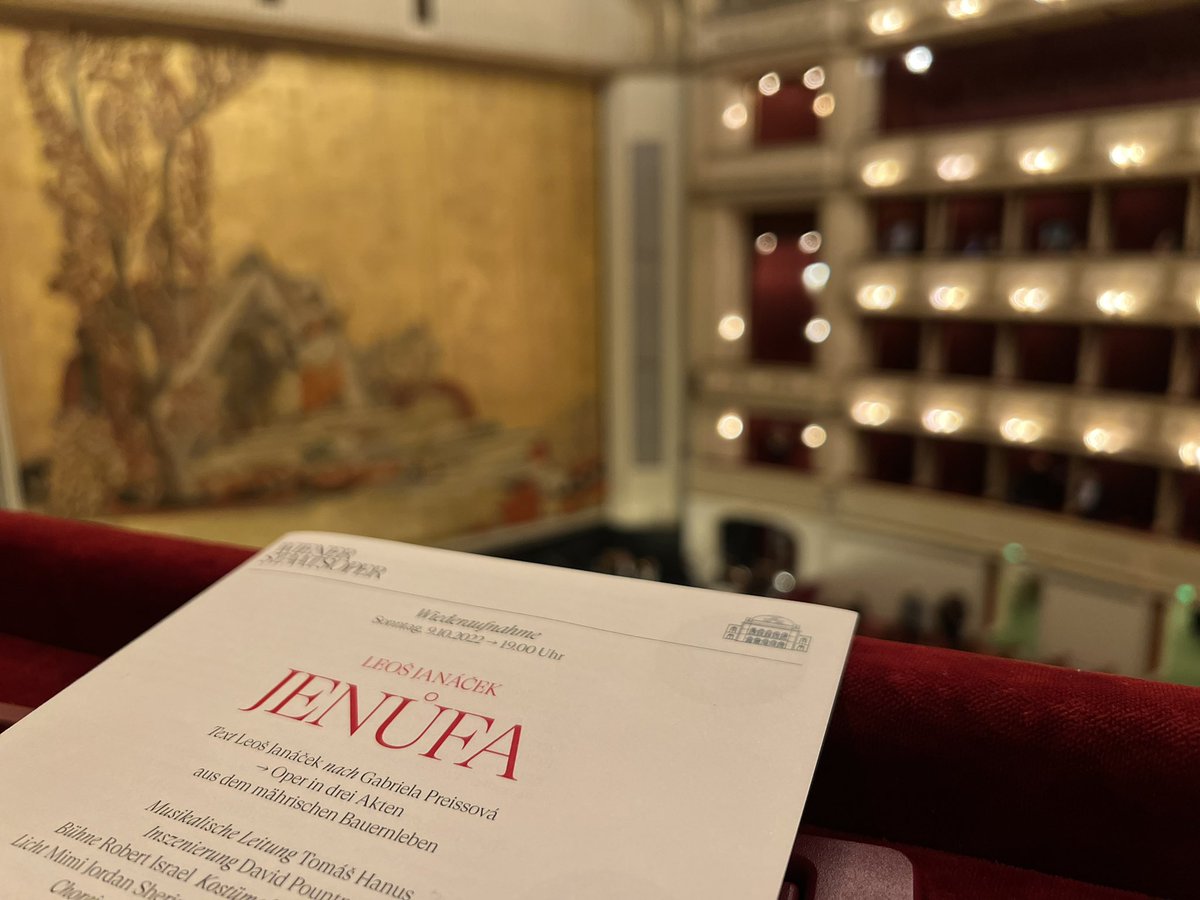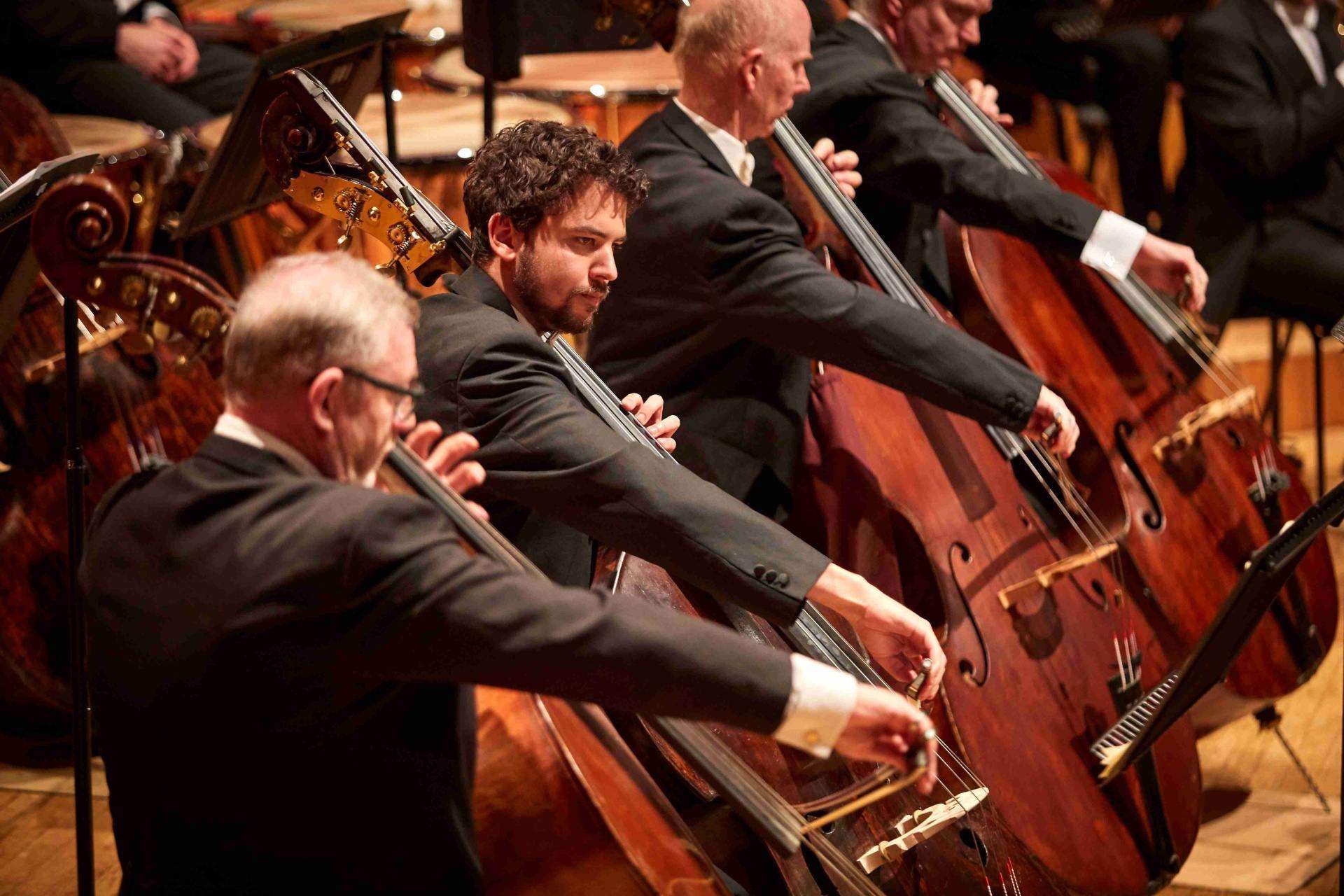OPENING CONCERT
Programme
- Bedřich Smetana: My Country
Performers
- Welsh National Opera Orchestra
- Tomáš Hanus – conductor
Concert partner
Prague Spring Festival Opening Concert 2023
“When I hear My Country, I ask myself how Smetana could have created something like that. Something so original, so different,” says Tomáš Hanus, Music Director of the Welsh National Opera, who will open the 78th edition of the Prague Spring with his Cardiff-based orchestra. “We really need the tones of My Country in these times. They bring out the better part of people, a self-awareness of who we are, how our history speaks to us and what meaning it has. Music has the power to go deeper than words. We aren’t obliged to worship Smetana’s My Country, or to put on an academic face and slowly lapse into boredom. It has the power to find us itself and wrap us in its arms,” Hanus adds.

Tomáš Hanus is one of the three most successful pupils of Jiří Bělohlávek. However, unlike Jakub Hrůša and Tomáš Netopil, he hardly ever conducts in the Czech Republic. To give his home audience the chance to discover his conducting skill, we decided to invite him to Prague with the Welsh National Opera Orchestra, which he has headed since 2016. A Welsh rendition of My Country will no doubt be suitably festive while also unbound by the usual conventions. “The fact that My Country is not part of the ensemble’s standard repertoire is not a disadvantage,” Hanus himself notes. “Our orchestra is hungry for new works and can master even the most complex scores. A fresh, unfettered approach can be fascinating! Not many people here in the Czech Republic know that the orchestra has a lively tradition of performing Czech music, especially by Janáček,” the Brno-born conductor adds. This is especially thanks to Sir Charles Mackerass and the director David Poutney.

Hanus’s connection with My Country goes back to his childhood. “I liked to listen to it even as a little boy, and I remember getting shivers down my spine at certain points and trying in vain to fight off tears,” confides one of the most sought-after conductors of today. “It is a bit of a pity that My Country is so well known and so ‘familiar sounding‘. Listening to it can become a routine, and the musician can subconsciously strive to mainly avoid causing offence. Maybe also because Smetana himself had historically been transformed into a kind of statue of himself, and the work was used as a museum piece for state rituals. So the younger generations had a hard time connecting with it. And yet it is so modern, every bar, every idea is a surprise,” he adds. This season will see Hanus make a prestigious debut in Milan’s La Scala with a new production of Rusalka, a performance of Jenůfa at the Vienna State Opera, a staging of Die Fledermaus at the Bavarian State Opera, or The Makropulos Affair both on his home stage in Cardiff and in a guest performance of the WNO at Janáček Brno. As a conductor, Hanus has worked with the London Symphony Orchestra, the BBC Symphony Orchestra, Symphonie-Orchester Berlin, and leading Czech orchestras including the Czech Philharmonic.

Besides operas, Hanus also regularly heads the WNO Orchestra in concert performances all over the United Kingdom. When he first took up the post of Music Director, The Guardian gave his debut concert a five-star rating, noting: “In this performance of Mahler’s Second Symphony, there was indeed chemistry between Hanus and his forces, and it could hardly have augured better… Hanus used the acoustics of St David’s Hall to stunning effect throughout and, in the momentous orchestral coda, set the seal on a memorable night.” Before taking his orchestra to the Prague Spring, Hanus will test their interpretation of My Country on a Cardiff audience during the ensemble’s subscription concerts at St David’s Hall.









